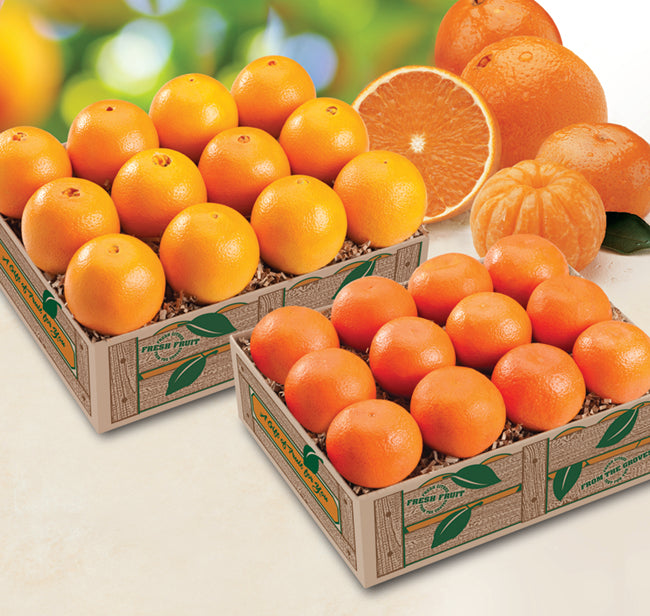Citrus greening, known in the agricultural and scientific communities as Huanglongbing (HLB), is a devastating disease that affects citrus trees worldwide. It is caused by a bacterium called Candidatus Liberibacter asiaticus and is primarily spread by the Asian citrus psyllid insect.
What are the symptoms of citrus greening?
The most common symptoms of citrus greening include yellow shoots, blotchy mottling on leaves, and misshapen, bitter fruit. Infected trees often experience stunted growth and premature fruit drop, leading to significant economic losses for citrus growers.
How does citrus greening impact citrus trees?
Citrus greening affects the vascular system of the tree, disrupting the flow of nutrients and water. This results in a decline in overall tree health and productivity. Infected trees may take on a characteristic "greening" appearance, with asymmetrical yellowing of the leaves.
Can citrus greening be controlled or cured?
Unfortunately, there is currently no cure for citrus greening. Once a tree is infected, it will eventually decline and die. However, there are management strategies that can help slow the spread of the disease, such as removing infected trees, controlling the psyllid population, and planting disease-free citrus trees.
Why is citrus greening a concern for the citrus industry?
Citrus greening poses a significant threat to the citrus industry globally. In addition to causing direct losses due to reduced fruit yield and quality, the disease can also lead to increased production costs as growers implement control measures. The long-term sustainability of citrus production is at risk if effective solutions are not found.
What research is being done to combat citrus greening?
Scientists and researchers are actively working to find solutions to combat citrus greening. This includes developing resistant citrus varieties through breeding programs, exploring biological control methods for the psyllid vector, and investigating the use of antimicrobial treatments to suppress the bacterium.
Large swaths of Forida's citrus trees are now being grown under white breathable tents that prevent Asian citrus psyllid insect from coming in contact with the plants. This technique, known as CUPS (Citrus Under Protective Screens), has proven to be the most successful in combatting the greening disease. And best of all, this tenting technique is free of harmful chemical insecticides.
Overall, citrus greening is a complex and challenging disease that requires a multi-faceted approach to management. By staying informed about the latest research and best practices, citrus growers can work towards protecting their orchards and the future of the citrus industry.


